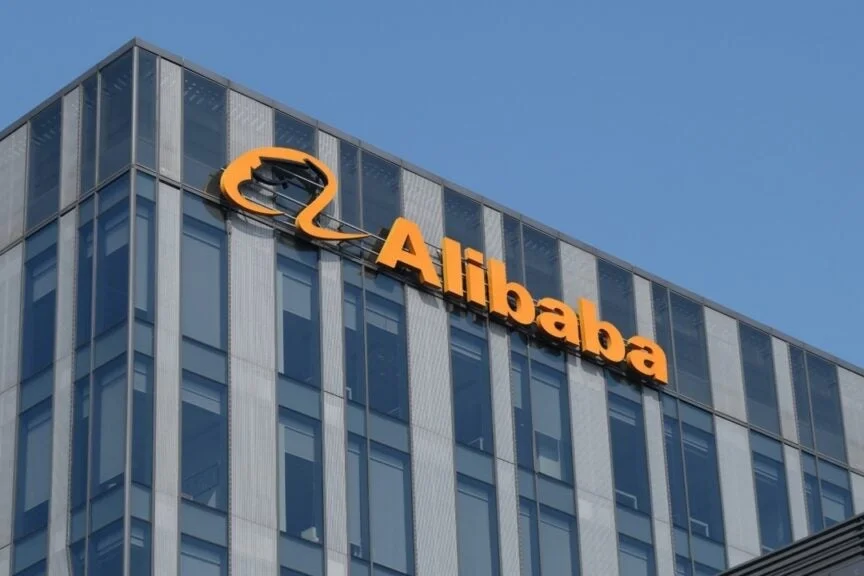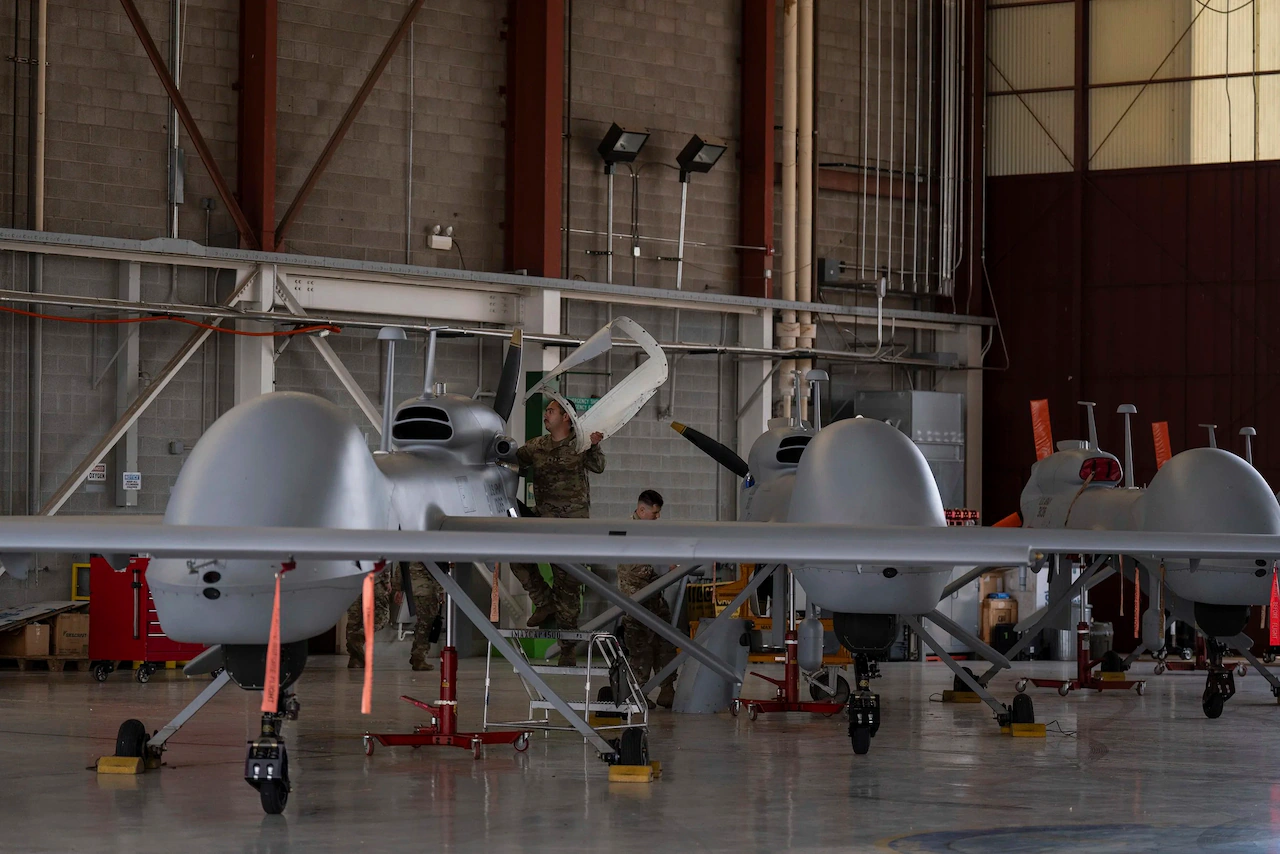
Alibaba Group Holding Ltd. BABA is intensifying its challenge to U.S. technology leaders with the debut of a high-performance processor designed to rival Nvidia Corp.’s NVDA H20 graphics chip, alongside an open-source artificial intelligence agent positioned against OpenAI’s Deep Research platform.
The twin announcements underscore how the Chinese e-commerce giant is leveraging hardware and AI development to counter escalating U.S. export restrictions.
Alibaba’s semiconductor arm, T-Head, unveiled its PPU chip this week, which China Central Television (CCTV) reported delivers performance on par with Nvidia’s H20.
Also Read: Alibaba And SMIC Power Beijing’s Bid To End Reliance On Nvidia And ASML
During Premier Li Qiang’s visit to a China Unicom data center in Qinghai province, state media broadcast benchmark results showing the PPU matching Nvidia’s H20 and surpassing Huawei’s Ascend 910B.
The chip features 96GB of high-bandwidth memory, 700GB-per-second interconnect bandwidth, PCIe support, and lower power consumption at 400 watts, the SCMP reported on Wednesday.
The broadcast highlighted Beijing’s efforts to develop local alternatives to Nvidia GPUs, which are restricted by U.S. export controls. China Unicom has signed contracts with four domestic chipmakers, including MetaX, Biren Technology, and Zhonghao Xinying Technology, to purchase 22,832 accelerators. These accelerators will provide a total of 3,579 petaflops of computing power.
The majority of this computing power will come from T-Head, which is contributing 16,384 PPU units capable of generating 1,945 petaflops.
In a separate move, Alibaba’s AI lab, Tongyi, announced the release of an open-source “deep research” agent. The company claims it rivals OpenAI’s Deep Research tool while operating with greater efficiency.
The agent has been integrated into Alibaba’s mapping app, Amap, for planning multi-day trips and into its AI-powered legal research platform, Tongyi FaRui, which now retrieves case law with verified citations, SCMP reported on Thursday.
This release follows a string of recent AI advancements, including the introduction of its first trillion-parameter base model, Qwen-3-Max-Preview, and a smaller, more efficient system, Qwen3-Next-80B-A3B.
Alibaba emphasized that its deep research agent requires only 30 billion parameters, making it significantly leaner than proprietary U.S. models from OpenAI and Alphabet’s GOOGL Google DeepMind.
Alibaba’s stock has surged 92% year-to-date, fueled by momentum in its cloud division and advances in artificial intelligence.
Co-founder Jack Ma has reasserted his influence at the company, leading a comeback strategy centered on artificial intelligence and a renewed rivalry with domestic competitors like JD.com JD and Meituan MPNGY.
After years on the sidelines during Beijing’s regulatory crackdown, Ma is now shaping corporate direction under the internal slogan, “Make Alibaba Great Again,” according to a Bloomberg report.
Since 2023, he has returned to Alibaba’s campuses, pressing executives on AI initiatives and spearheading a 50 billion yuan ($7 billion) subsidy program to counter JD.com’s expansion. He also prioritized a 380 billion yuan ($53 billion) commitment over three years for AI and cloud investments.
Price Actions: BABA stock was trading higher by 0.89% to $163.91 premarket at last check Friday.
Read Next:
China’s Tech Stocks Surge As AI Spending Accelerates
Image via Shutterstock



